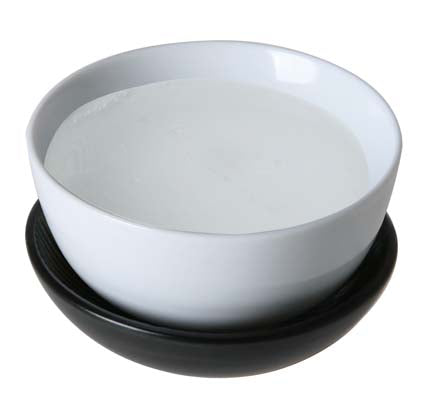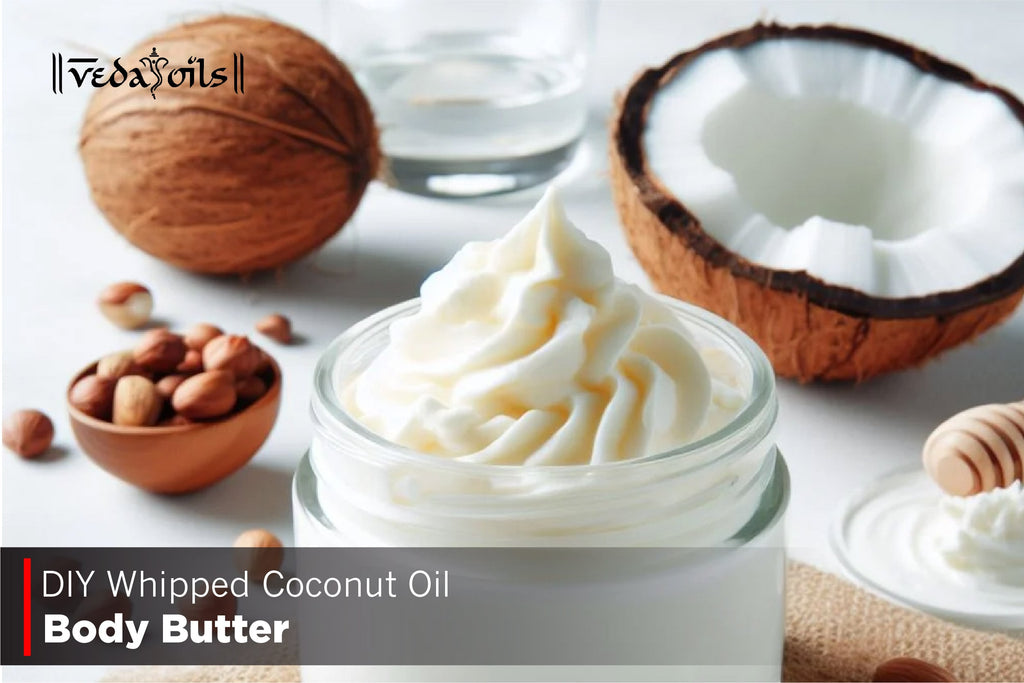
Glycolic acid is water-soluble. It is an alpha hydroxy acid [AHA] that is derived from sugar cane. It is a widely known acid used in the skincare industry all over the world. Although glycolic acid is versatile in nature, it is best meant to treat acne and reduce blemishes on the skin. Some of its properties include exfoliating the skin, enhancing new cell growth, and improving the moisture on the face.
It is considered to be a very strong potential for acne treatment. You may find this acid in many different forms, such as cleansers, creams, face masks, gels, and many cosmetic raw material products. In addition, glycolic acid is known to reduce the appearance of acne scars effectively.
Chemical Formula
Glycolic acid is also known as hydroxyacetic acid or hydroacoustic acid in short, it is also known for its widely used name Alpha-hydroxy acid (AHA). The chemical formula for glycolic acid is given below:
Chemical Formula: C2H4O3How Glycolic Acid Works On Acne Scars?

Glycolic acid has a very small-sized molecule structure of all the alpha-hydroxy acids. Because of such tiny molecules, this acid can easily penetrate the skin. As a result, it exfoliates the skin better than other AHAs.
Glycolic acid stimulates the skin and thus creates more collagen. It works by speeding up the cell turnover. Collagen is a protein that helps give the skin its firmness, elasticity, and plumpness. The glycolic acid removes all the dead skin cells and makes the skin glow.
With age, the natural collagen production of the skin slows down. Generally, it is destroyed by excessive sun exposure. Using the glycolic acid at regular intervals helps in preventing the breakdown of collagen, retaining the youthfulness of the skin.
Is Glycolic Acid Good For Acne Scars?
Glycolic acid is found to be the best and effective treatment option for acne. It helps in reducing and preventing the skin from generating pimples and acne scars of different types. According to experts, glycolic acid is found to be more effective than salicylic acid and placebos. However, the amount of time it takes for the glycolic acid to work on your skin depends on the concentration of the acid you’re using and the skin type.
The time, in general, would be around one to two weeks for the home cleansers, creams, gels, and peels containing glycolic acid to work on your skin. Glycolic acid is best for treating acne of different types. It is a must ingredient in a lot of medical products these days. It even brightens and smoothes the texture of the skin.
Glycolic Acid Benefits For Various Acne Types
There are plenty of benefits of using glycolic acid on the skin. It is the strongest AHA to be used due to its small molecule size. It exfoliates the dead skin cells and reduces the wrinkles and fine lines on the face. It is very effective in fading out the hyperpigmentation and smoothens the complexion. It is widely known for its properties to fight acne and hydrates dry skin well.
In skincare products, it increases the penetration of other ingredients well. Let us see below what other benefits you can enjoy with glycolic acid.
- Glycolic Acid For Acne Scars: It is very effective in treating acne scars. The acid helps in reducing the pore size. The repetitive use of glycolic acid helps remove the cystic lesions and acne scars from the face very well.
- Glycolic Acid For Cystic Acne: It is recommended that glycolic acid be used on the skin regularly. This helps in giving out the best results, especially in improving the acne scars and cystic lesions. It helps in improving the skin texture by making it look brighter and glowy.
- Glycolic Acid For Fungal Acne: The researchers have shown that glycolic acid has antibacterial properties. It is rich in antioxidants that help in improving the skin tremendously well. It is natural in nature and used well to treat fungal acne and rosacea. It regulates the fatty acids content in the skin and has antifungal properties.

- Glycolic Acid For Hormonal Acne: The medicinal properties of glycolic acid are the reason that makes it work well on hormonal acne. It helps in preventing the clogged pores and the formation of whiteheads and blackheads. For all those suffering from hormonal acne for a long time, incorporate the glycolic acid peel into your skincare regime for the best results on your skin. It clears the pores, minimizes the excess sebum production, and brightens the skin.
- Glycolic Acid For Body Acne: A lot of people suffer from body acne these days. Glycolic acid is an excellent component in body acne sprays. It drives new cells to the surface of the skin and removes the dead skin cells completely. The newer skin cells are healthier and exfoliate naturally. It is very effective in getting rid of body acne, skin debris, and dead skin cells from within.
- Glycolic Acid For Comedonal Acne: Glycolic acid is very effective on comedonal acne. It helps in keeping the pores from getting clogged and averts acne lesions. You may find glycolic acid in various skincare products such as toners, cleansers, masks, and peels. This acid has a natural ability to remove dead skin cells and rejuvenate the skin.
- Glycolic Acid For Teenage Acne: Teenage acne occurs naturally in teenagers at a certain age. Cleansers and moisturizers containing glycolic acid are very helpful in getting rid of dead skin cells and are particularly used by teens who undergo skin issues, blackheads, and clogged pores. It helps in keeping the skin moisturized and healthy-looking.
How To Use Glycolic Acid For Acne Scars?

It is very simple to use glycolic acid. It is always best to apply it in the evening. This is because it makes the skin sensitive in the day sunlight. At night it does magic to your skin and reduces the risk of any skin damage. It is always recommended to apply an SPF moisturizer on your skin after using Glycolic acid. It is very effective on acne-prone skin.
Glycolic Acid Uses In Acne Scars Products
- Acne Pads: Glycolic acid is a very popular ingredient used in peel pads. It is very useful in clearing out the pores and hydrates the skin well. It brightens and smoothes the texture of the skin as well. The acne pads are used on all skin types. The glycolic acne pads are recommended to be used twice and thrice a week for the best results. The acne pads are the perfect solution for skin cleansing and treating acne.
- Fruit Acid Peel: The glycolic acid peel is an alpha hydroxy acid peel/ fruit acid peel that helps in reducing the acne scars. The depth of this peel depends completely on the concentration of the acid used along with the number of coats of it applied. This peel should be used at least twice and thrice a week for the best and most effective results. The fruit acid peel enhances the skin glow and makes it very hydrated.
- Acne Creams: Glycolic acid is known for its hydration properties. It moisturizes the skin very well. It exfoliates the skin and reduces all its dryness. The acne creams are very useful to remove the dead skin cells and unclog pores. Glycolic acid is used as an organic ingredient in many skin care products. Acne creams are of very good texture and moisturize the skin well. They help in reducing acne and make skin blemish-free.

- Toner: Glycolic acid is used in a toner as well. This acid is an AHA skincare type that helps accelerate the exfoliation and minimizes the skin's pores. The glycolic acid in toner helps make the skin look youthful, clear, radiant, and smooth.
- Glycolic Gel: Glycolic gel has a higher concentration of glycolic acid in it. It has very useful and effective skin-renewing properties. It is often used as an anti-aging product. The glycolic gel helps in smoothening the fine lines, wrinkles and acne scars on the face. In addition, the glycolic acid in it plumps the skin and makes it highly moisturized.
- Soap: Glycolic acid soap is versatile in nature. It is anti-acne and an anti-aging soap bar that rejuvenates the skin. This soap is best suitable for acne-prone skin and helps in reducing the signs of aging too. It brightens up the skin by removing all the dead and sun-damaged surface skin cells. The glycolic acid in soap rejuvenates the skin and makes it look radiant and refreshing.
- Moisturizer: Glycolic acid works as a very good moisturizer. It moisturizes the acne prone skin very well. It is a commonly found ingredient in a lot of skin care moisturizers. It prevents skin from any type of dryness and skin issues. It helps reduce the fine lines and wrinkles on the face as well. Moisturize your skin well with glycolic acid for having bright, soothing, hydrated, and radiant skin.
The Bottom line
Glycolic acid is a very known acid that is used in skincare products these days. It is very effective on acne-prone skin and is specially designed to reduce acne scars, blemishes, and pimples from the face. It comes in various forms, such as moisturizers, gels, creams, and face masks. There are plenty of benefits of using glycolic acid on the skin. It is the strongest AHA to be used due to its small molecule size.
Glycolic acid exfoliates the dead skin cells and reduces the wrinkles and fine lines on the face. It is very effective in fading out the hyperpigmentation and smoothes the complexion. It is widely known for its properties to fight acne and hydrates dry skin well. Glycolic acid is exfoliating, regenerative, and moisture-retaining in nature. For glowing, bright, and blemish-free skin, use Glycolic acid regularly.












 Sign in
Sign in Register now
Register now My Reward Points
My Reward Points








